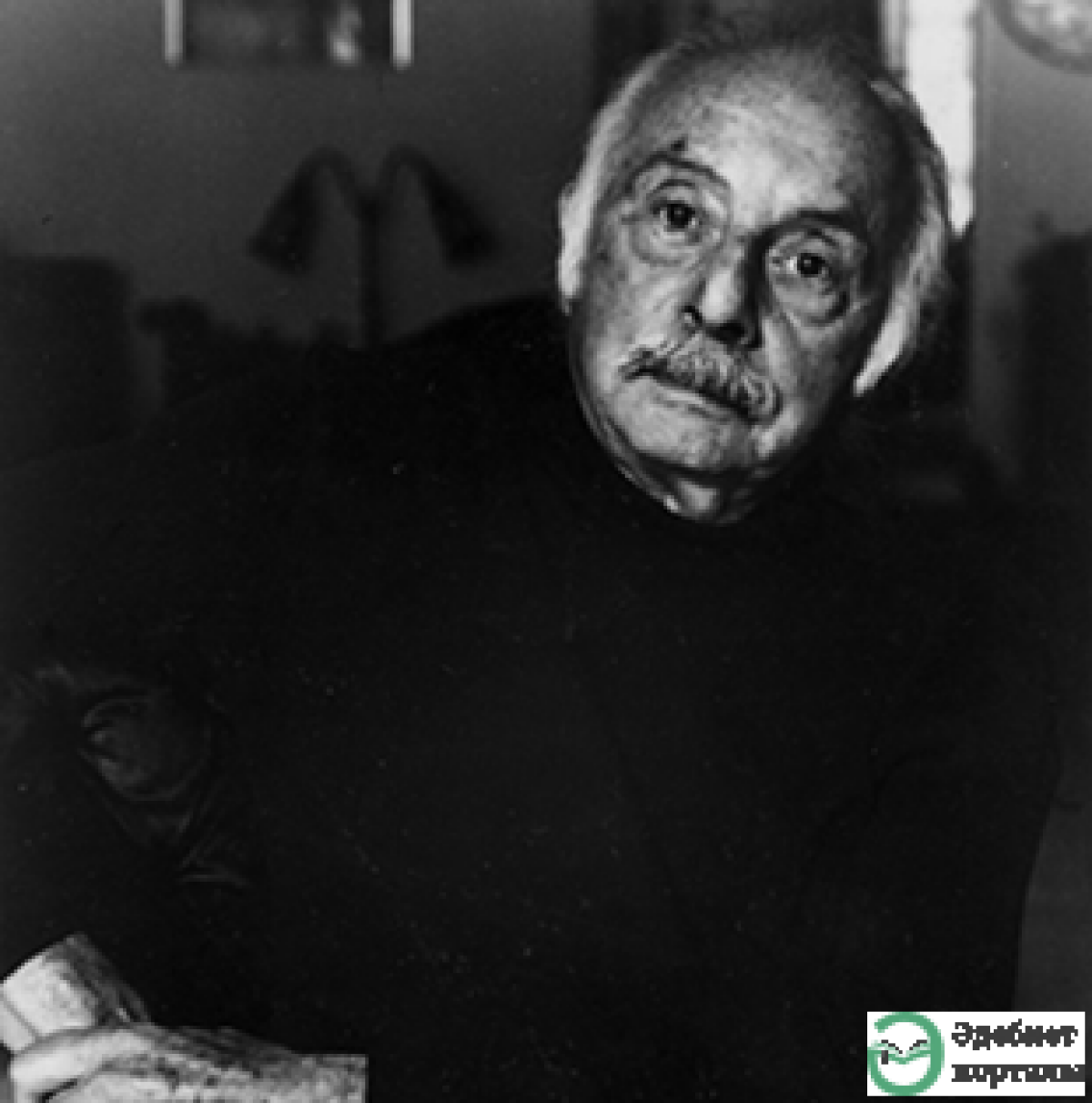Stanley Kunitz
On July 29, 1905, Stanley Kunitz was born in Worcester, Massachusetts. He attended Harvard College, where he received a bachelor's degree in 1926 and a master's degree in 1927. He served in the Army in World War II, after a request for conscientious objector status was denied. Following the war, he began teaching, first at Bennington College in Vermont, and later at universities including Columbia, Yale, Princeton, Rutgers, and the University of Washington.
About his own work, Kunitz has said: “The poem comes in the form of a blessing—‘like rapture breaking on the mind,’ as I tried to phrase it in my youth. Through the years I have found this gift of poetry to be life-sustaining, life-enhancing, and absolutely unpredictable. Does one live, therefore, for the sake of poetry? No, the reverse is true: poetry is for the sake of the life.”
Kunitz published his first book of poetry, Intellectual Things, in 1930. Fourteen years later, he published his second book, Passport to War. His recent books include: The Collected Poems of Stanley Kunitz (W. W. Norton, 2000); Passing Through: The Later Poems, New and Selected (1995), which won the National Book Award; Next-to-Last Things: New Poems and Essays (1985); The Poems of Stanley Kunitz, 1928-1978, which won the Lenore Marshall Poetry Prize; The Testing-Tree (1971); and Selected Poems, 1928-1958, which won the Pulitzer Prize. His work has been translated in numerous languages, including Russian, Dutch, Swedish, Macedonian, French, Japanese, Hebrew, and Arabic.
In 2005, he collaborated with Genine Lentine on The Wild Braid: A Poet Reflects on a Century in the Garden, in which his thoughts on his two great passions, poetry and gardening, are illustrated with photos of the legendary garden at his seaside Provincetown home. Kunitz also co-translated Orchard Lamps by Ivan Drach (1978), Story Under Full Sail by Andrei Voznesensky (1974), and Poems of Akhmatova (1973), and edited The Essential Blake (1987), Poems of John Keats (1964), and The Yale Series of Younger Poets (1969-77).
His honors include the Bollingen Prize, a Ford Foundation grant, a Guggenheim Foundation fellowship, Harvard's Centennial Medal, the Levinson Prize, the Harriet Monroe Poetry Award, a senior fellowship from the National Endowment for the Arts, the National Medal of the Arts, and the Shelley Memorial Award. He served for two years as Consultant in Poetry to the Library of Congress, was designated State Poet of New York, and a Chancellor Emeritus of the Academy of American Poets. In 2000 he was named United States Poet Laureate.
Kunitz was deeply committed to fostering community among artists, and was a founder of the Fine Arts Work Center in Provincetown, Massachusetts, and Poets House in New York City. Together with his wife, the painter Elise Asher, he split his time between New York City and Provincetown, Massachusetts. He died at the age of 100 on May 14, 2006.
Share:









